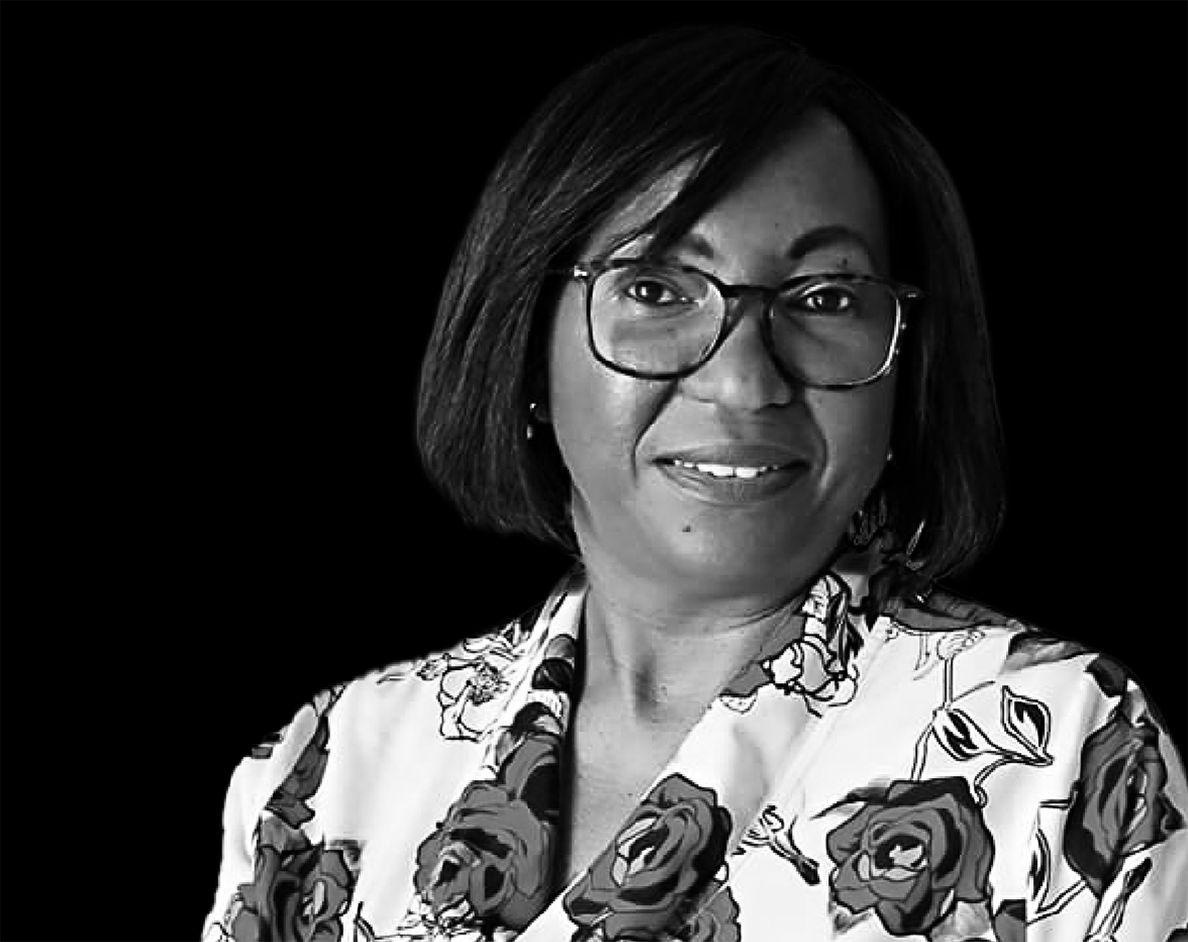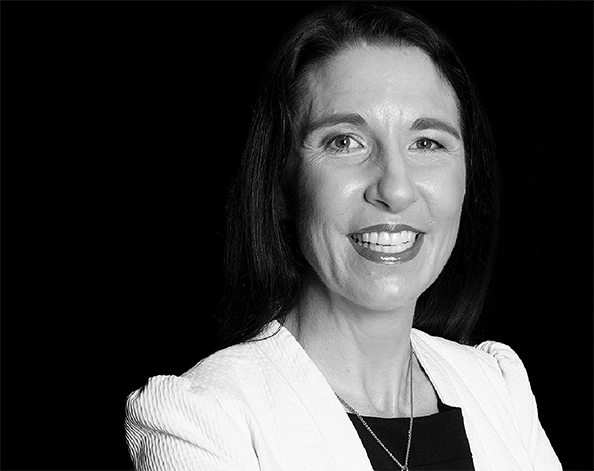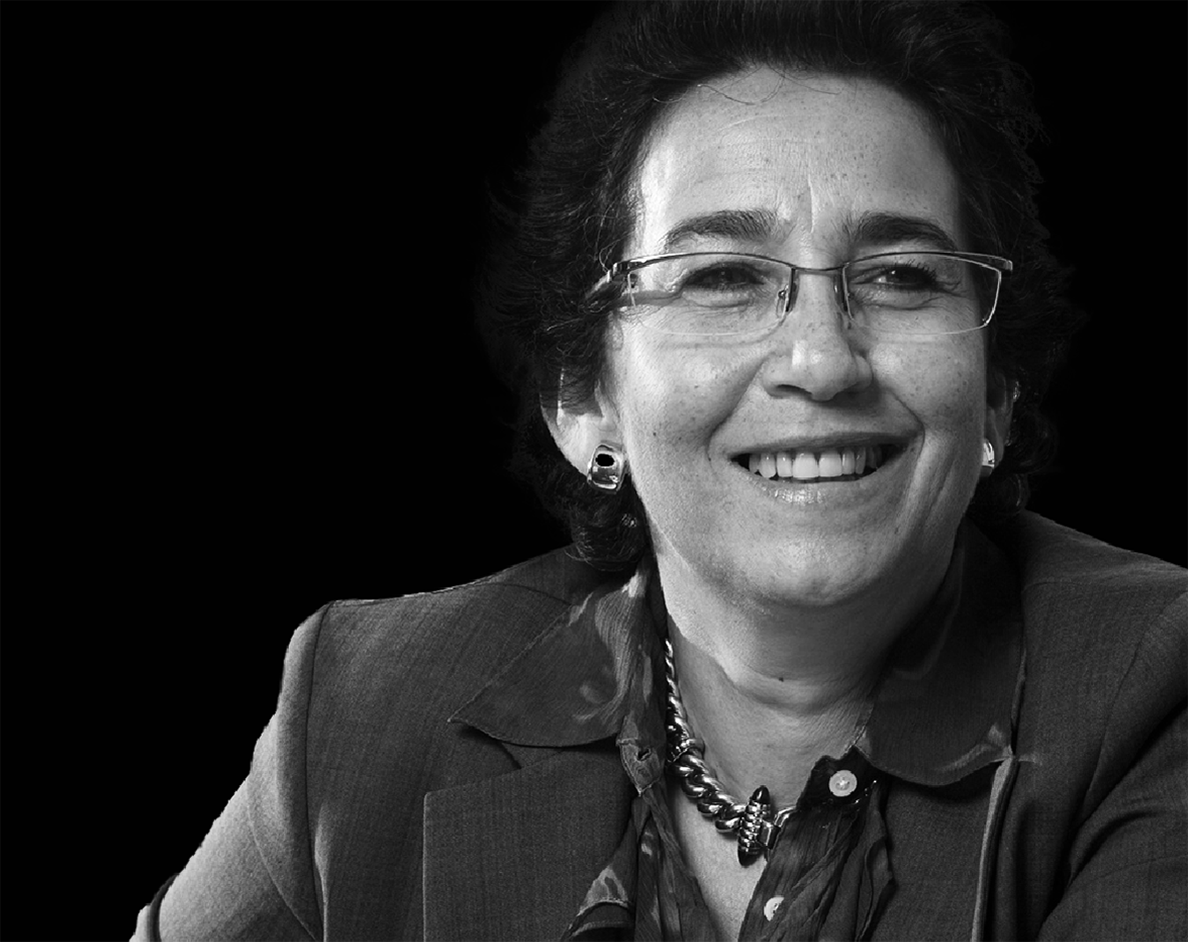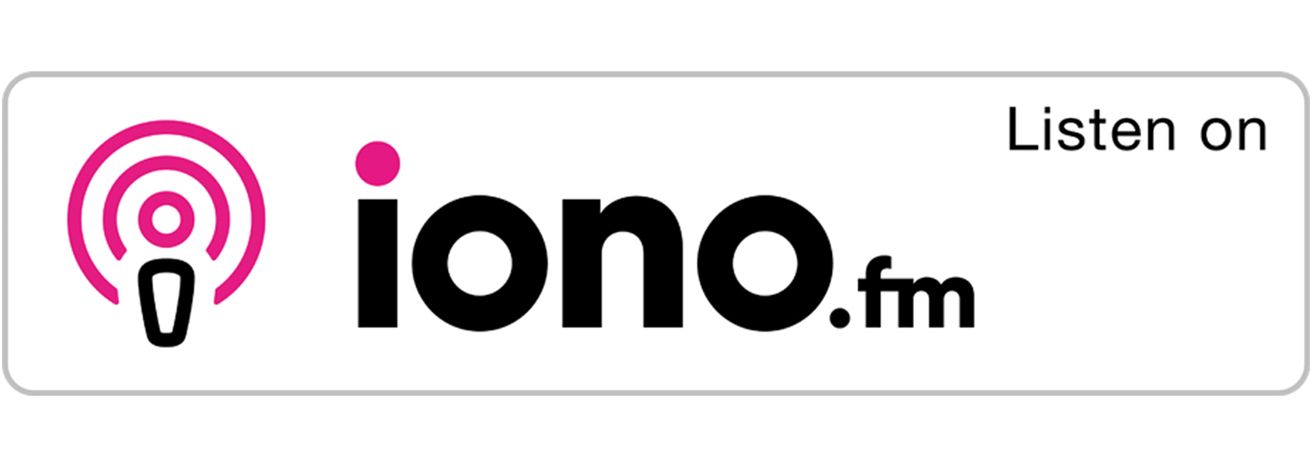One of the observations made during the height of the lockdowns earlier this year was the way countries with female presidents and prime ministers were doing a better job at managing the crisis than male-led countries. The likes of New Zealand’s Jacinda Ardern and Germany’s Angela Merkel drew plaudits for their mature, consultative and evidence-based approach to tackling the pandemic.
The essence of female leadership is the topic of our latest edition of Women Behind the Mask. Our panel of impressive leaders was made up of:
- Wendy Appelbaum, owner and chair of De Morgenzon Wine Estate and member of several boards, including:
- Donald Gordon Foundation
- Harvard University Women's Leadership Board
- Harvard University Global Advisory Council
- International Women's Forum
- Bongi Kunene, CEO of the Banking Association of South Africa (BASA) and:
- Former Group Head for the Public Sector at Standard Bank
- Member of the South African presidential team in response to the Global Financial Crisis in 2008
- Marlé van der Walt, Chief Financial Officer and member of the executive team of Investec Bank South Africa
Shenaaz Nair, Head of People Consulting at Investec Banking SA, facilitated the conversation
Prefer to listen on the go?
Listen to the full discussion.
Subscribe to Investec Focus Radio SA
How Covid-19 has put leaders in the spotlight
Kunene notes how lockdown came immediately after her appointment as CEO of BASA, so was a real baptism of fire. From getting to know her new colleagues, she was thrust into having to coordinate the banking sector’s response to the economic fallout of the lockdowns.
Banks, regulators and government had to start working together, but also had to get around issues such as competition laws and regulations. “We had to start talking to the regulators immediately so that we don't have issues about anti-competitive behaviour and of course, also have discussions with the ministers concerned and think about the clients for all the banks.”
“But after about two or three weeks, I found it to be a huge blessing because I met everybody at the same time and I didn't have room to be something I'm not,” she adds.
To illustrate the times, Kunene tells the story of taking her grandchild to hospital after a fall and then having to wait in her car to do a Covid-19 test – all while conducting a telephonic meeting with a strategic partner.
“So there I was, having this meeting in the car while my real stakeholder is very unhappy in the back seat making noises that you don't really want people at work to hear. Eventually I just picked him out of the baby chair and did the ‘nanana shoo-shoo-shoo, it's going to be alright’, while on the other side, I was talking about Prudential regulation.”

It was just like, get in, get things done, secure decisions and start moving, don't stop. And if you thought that there was going to be a transition period, well, this was it – you've transitioned!
For Appelbaum, the last six months have been about learning to live in a shrunken world. “One digs deep and starts to enjoy one's own company, to do things that you don't necessarily have time to do during busy periods. So, it had its moments and I think it's simplified life,” she says.
However she says the lockdown’s effect on the wine and other industries was acutely felt by industry and the fiscus. “The banning of alcohol was unutterably bizarre and I think it had a devastating effect on our industry, which of course is the part that really upsets me,” she says.
“It was bad enough to see a fat zero on my income for April, but let me tell you it was a lot tougher for the workers – about 21,000 people lost their jobs. They reckon about 80 wineries and about 350 great producers will go out of business.”
“It's mind-boggling that this was allowed to happen to an industry that you know, adds about 3% to the GDP,” she says.
The lockdown placed other burdens on business leaders – by forcing them to find ways to manage through the crisis, including revisiting budgets and throwing old plans out the window. Says Van der Walt:
“None of the plans we came up with in January and February were relevant anymore. We did many scenarios. We originally thought it was going to be the three weeks and we will recover, but we also did some longer scenarios.”
Van der Walt adds that the effect on clients also had to be factored in. “For instance, some of our clients wanted to buy houses, but they couldn't register any bonds, so we couldn't do the deals, and that obviously had a knock-on impact in terms of our revenue.”
This meant looking seriously at costs, she explains. “We said we will try and cut as much as possible in terms of our expenditure, by looking at discretionary spend. We decided we'd rather look at variable remuneration and things like that, but try and save jobs as much as possible. From a business perspective you are trying to really protect our people.”
Gaining self-knowledge as a leader
What are leaders learning from Covid-19 about themselves and their leadership style, and how does that shape the way they think about the world in the future? Nair puts this question to the three panellists, with interesting responses.
Appelbaum says the online platforms have been “incredible” but that she misses what she believes is one of the essences of women in terms of a management style:
“I can be a little confrontational at times, but mostly our [women’s] management style is something quite gentle. I think you lose a lot of what you would call the touchy-feely stuff that we women rely on. You can't put your arm around anybody. You lose that intimacy and that interaction because women like far more to be loved than to be feared.”
Van der Walt agrees, highlighting the way women have brought people together in the crisis: “We played a big role in just pulling people together, making sure everyone's on the same page, making sure that we are collaborative in making decisions.”
Nonetheless, electronic videoconferencing platforms have also played their part, says Van der Walt. “I think the electronic way has helped. With this way of communicating, everyone's in the loop. And it's more difficult for people to talk over each other. You have to listen, and so I think people's voices also got heard a lot more.”
Kunene says she’s learned to listen differently. “There are instances when I know that everybody around the table has a different opinion so what I'm listening for, no matter how tiny, are those moments where there is a tangent when minds meet. It’s up to me to capture the points of commonality and try to reframe,” she says.

I think the electronic way has helped. With this way of communicating, everyone's in the loop. And it's more difficult for people to talk over each other. You have to listen, and so I think people's voices also got heard a lot more.
Picking the right battles
A crisis like Covid-19 carries with it the greater likelihood of a clash of heads between different parts of civil society and this means that leaders need to know how to pick their battles.
“I'm a social activist. A good fight is something that really turns me on because I fight for good and I fight, more importantly, for people who have no voice and access to fairness and justice,” says Appelbaum.
She talks about her fight with a social media giant on behalf of a child. “I can't tell you what the outcome was, but I think, if you see that the responsibility that they are beginning to take in the world, it is definitely taking a grip,” she says.
She adds that women bring a moral compass to the table “and we bring it with generosity”.
“Boards that don't include women – who bring a stabilising and balancing of values in life – just aren't really thinking about the future,” she says.

Own your failures, not just your successes. Women have a special gut feel and if you rely on that and you look back on decisions you made from the beginning, you will find that it's an almost instant 'aha moment' that you know men just don't have.
The role of mentoring
Finally, our panellists share their views on mentoring and the advice they give aspiring leaders. “My interaction always follows what the mentee is looking for,” says Kunene. “Sometimes all that they are looking for is the 'how to'. Sometimes it's the very small things and it's about owning your journey and that's usually my standard advice. There is no one who makes your career, you make it yourself. You should always be ready when the opportunity happens.”
Appelbaum likes to keep her advice sweet and short, focusing on values: “We can all do well but if we can do good, that is one of the most important things that you can do.”
Van der Walt says women need a combination of support for each other and of backing themselves. “For us as more established women, we need to use each other as sounding boards,” she says. “And then for younger women, [my advice is that] you need to do the work, you need to make sure that you know your facts, and then you need to back yourself.”
Finally, there’s a responsibility to be a voice for those without it. “If you have a seat at the table, you need to speak up not just in terms of the role that you've got but also for minority groups that don't have a seat at the table. You need to make sure that you raise the awareness and that you open the doors for other people.”
About the author

Patrick Lawlor
Editor
Patrick writes and edits content for Investec Wealth & Investment, and Corporate and Institutional Banking, including editing the Daily View, Monthly View, and One Magazine - an online publication for Investec's Wealth clients. Patrick was a financial journalist for many years for publications such as Financial Mail, Finweek, and Business Report. He holds a BA and a PDM (Bus.Admin.) both from Wits University.
Get Focus insights straight to your inbox





